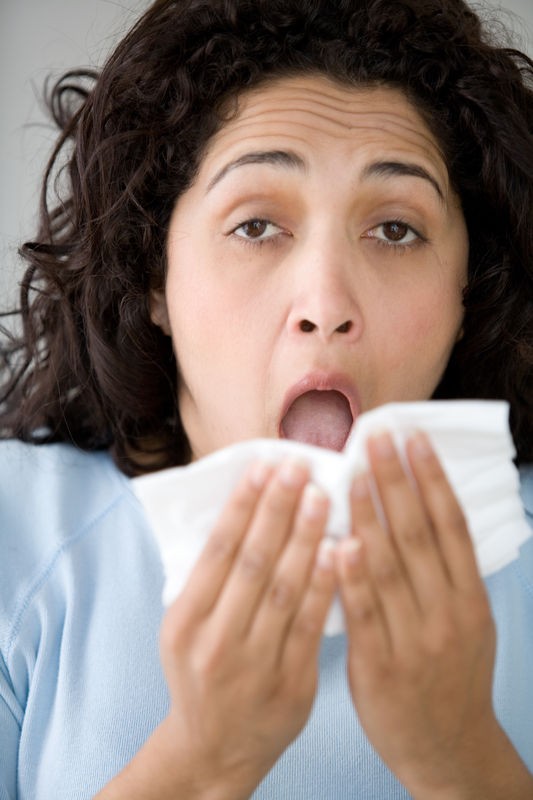
|
|
How to help prevent colds and flu

Cold and flu season is here again, and for many people that can mean the need to gear up to fight against them. For many people cold and flu season, becomes a battleground in trying to stay healthy. Studies show that employees and their employers lose billions of dollars every year, from having sick employees. However, the good news is that there are things you can do help prevent colds and flu. It is important to keep in mind that while there is nothing that provides a 100% guarantee, all of these methods can not only lower your chances of getting a cold or the flu, but lesson the duration and severity if you do get it. That means that you and the ones you love will be back to school, work and enjoying your lives that much quicker. Here is what you need to know about how to help prevent colds and flu-
|
|
- Get a flu vaccine-While there is continually debate over the effectiveness of the flue vaccine, the reality is that it does save lives. Today there are different options available, in how to get the vaccine. Both the traditional shot and the nasal flu mist vaccine can give you protection against this potentially deadly disease. If you are unsure as to whether you or your children should receive the flu vaccine, you should consult your health care provider.
- Don't cut calories-If you are concerned about fighting the flu, then now is not the time to begin dieting. Studies have shown that those people who restricted their calories were more likely to get the flu and stayed sick longer, then those who were not on a restrictive calorie diet. While this is not a pass to begin free for all eating, if you want to begin a diet, you may be better off waiting until cold and flu season has passed.
- Get lots of sleep-While researchers are still not totally clear on how sleep protects us, (the theory is that our immune system is strengthened while we rest), it is still crucial to get a good night's sleep. However, the reality is that if your body is well rested, it is much more likely to be able to fight off viruses. Studies have shown that those people, who slept 8 or more hours at night, were much more likely to be able to fight off colds and flu, then their less sleeping counterparts.
- Know if there is a problem in your area-To often people begin panicking when they hear cold and flu season, when in reality, your town may not even be affected. While typical flu season is November to May, some areas in the country may get hit hard, while others hardly see a sniffle. This is dependent on a wide variety of factors. While there is no way to tell for sure if the flu will come to your town, there are several sites that you can check online to see any trouble spots. This can help you decide if going to the movie theater at the height of flu season, is a good idea where you live or not.
- Get plenty of Vitamin D-Doctors and other researchers have found that there is virtually an epidemic of people who have too little Vitamin D. This problem becomes even more severe in the winter, when Vitamin D rich sunshine is at a premium in many places. The bottom line is that this vitamin can significantly strength your immune system. Doctors recommend a supplement and getting plenty of sunshine (10-15 minutes a day without sunscreen is plenty). However, you can also get Vitamin D from eating fish and Vitamin D enriched juices, milk, cereal and even some yogurt.
Privacy Policy, Terms of Use